Pin, Swallow, Round, Squash, Square.
It may sound like a foreign language to the average punter, however these are the main surfboard tails and they aid surfing performance in their own different ways.
Let’s dive into it.
Currently 15, clear sky, at Bells Beach Victoria
Presented by 
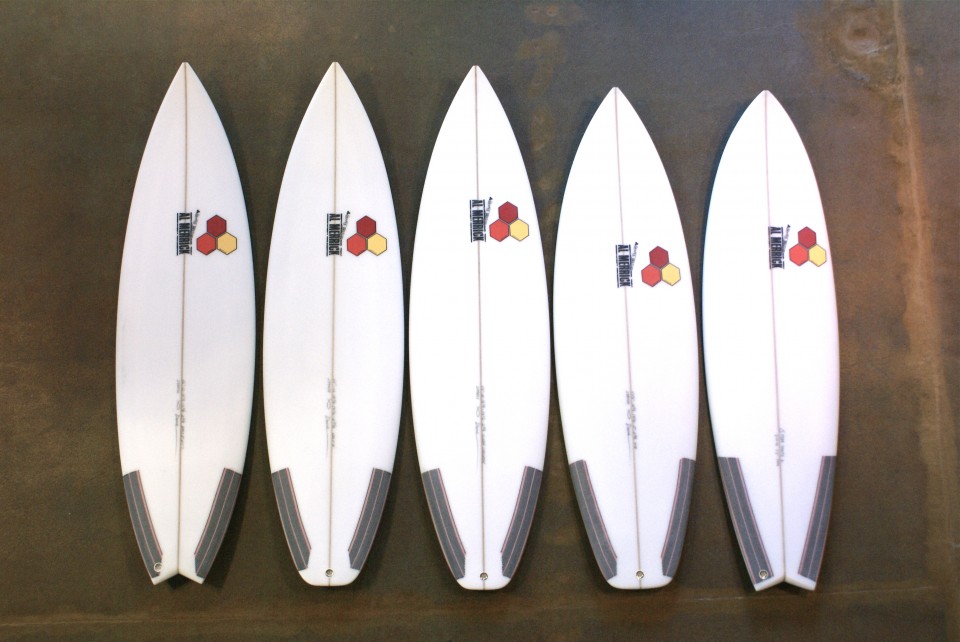
Pin, Swallow, Round, Squash, Square.
It may sound like a foreign language to the average punter, however these are the main surfboard tails and they aid surfing performance in their own different ways.
Let’s dive into it.
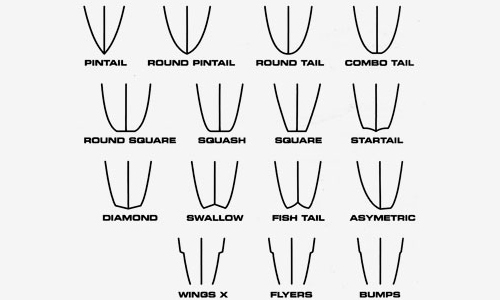
Firstly the pin tail is the narrowest width tail of any type of tail of a surfboard.
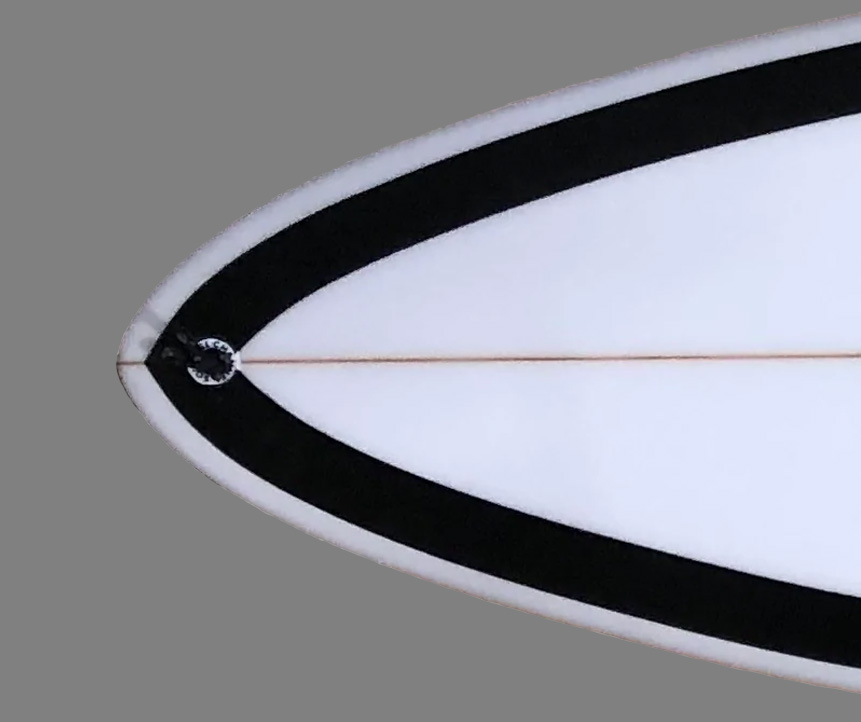
Because to this it has the most traction due to the limited amount of surface area meaning that it results in the board sinking into the water more and holding in.
Generally pin tails are found on gun sized boards (large skinny boards) for big wave riding due to the hold the tail can give, where traction is more important that manoeuvrability.
Due to its narrowness, pin tail boards are generally not suited to small waves and can be hard to manoeuvre.
The swallow tail has a great deal of hold and traction.
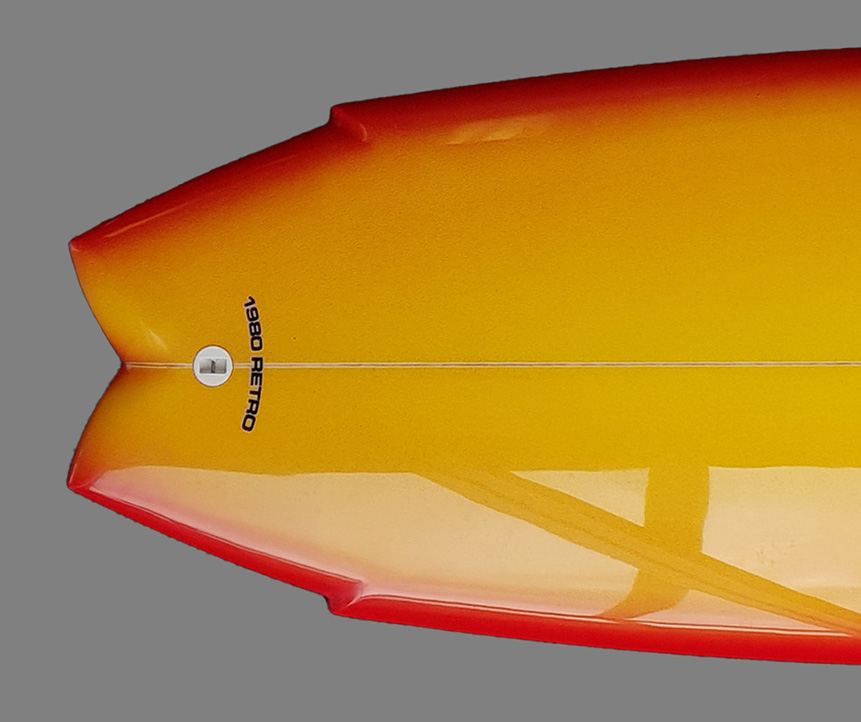
The upside down V shape in the tail gives the board control and fast movements out of turns giving it more drive in between turns to get over fat/softer sections on the wave.
These tails are commonly found on boards such as a fish, and is suited to smaller waves.
The round tail is a similar shape to a pin however it has been widened to a series of different widths.
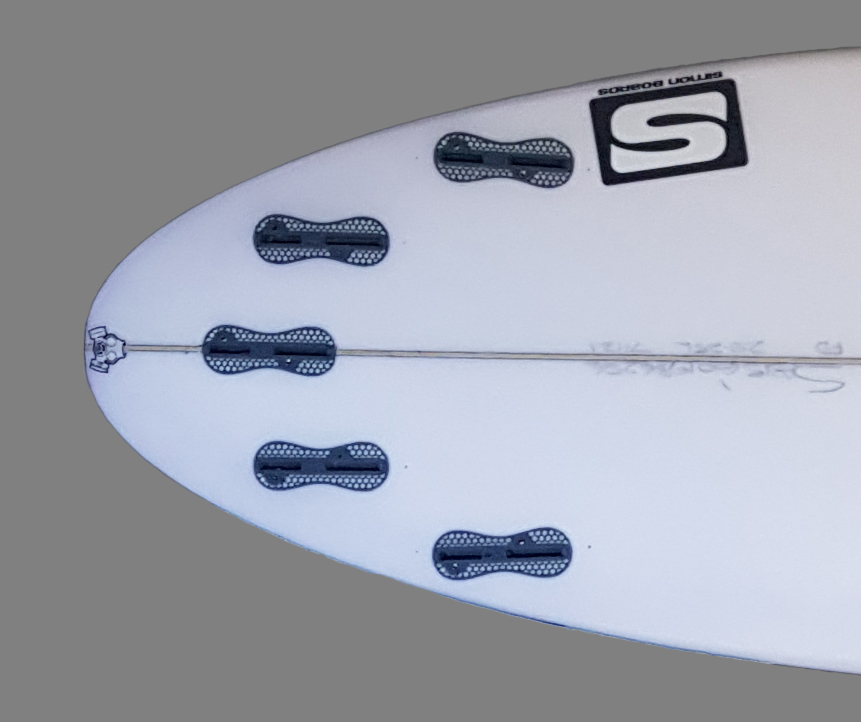
A round tail, due to the width, is able to give more surface area and bounce allowing it to perform well in smaller sized waves.
The tail is quite versatile and surfs well in hollow waves and serves well to draw out turns.
The square tail was the first designed tail. The square tail helps with stability when catching waves allowing surfers to stay on their boards as they rise to their feet.
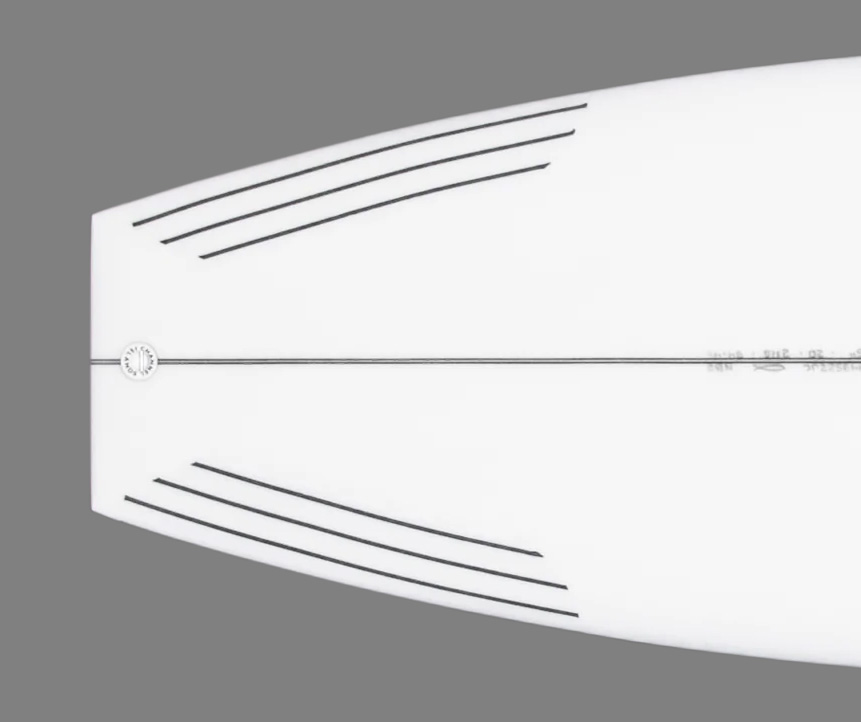
The square tail is known to react well to pivotal turns as it is able to turn loose out of turns and remain stable throughout.
A squash tail is the most common tail among shortboards and is a variation a square tail.
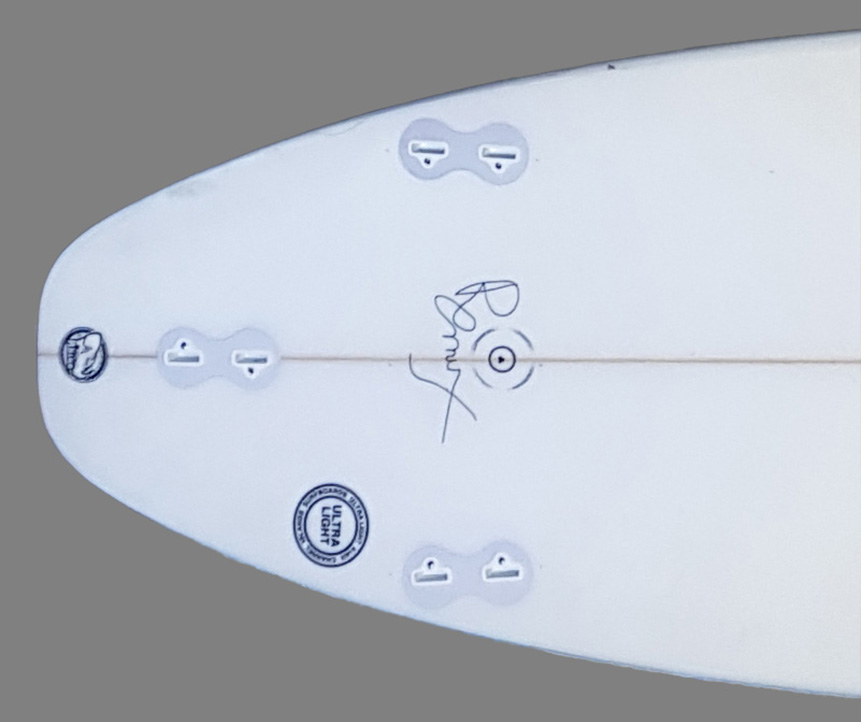
The squash tail is an edgier tail allowing there to be a great deal of pivot out of turns making it feel looser and more responsive.
The squash tail is designed for both control in bigger waves as well as being able to perform well in smaller waves.
Below is also a video of Quiksilver shaper Michael Baron explaining what the tail does and how it can assist your surfing:
Want some more info on boards and how you can make them work for you?
5 things you need to know about twin fin surfboards
What should I ride at URBNSURF?
Is your surfing getting stale? We have the prescription for you.
Volume is your friend. Heres why.
Don’t forget to follow us on socials to stay up to date with what we are up to and who we are working with!
WE ACKNOWLEDGE THE TRADITIONAL CUSTODIANS, THE WADAWURRUNG PEOPLE, OF THE LAND ON WHICH WE WORK AND LIVE, AND RECOGNISE THEIR CONTINUING CONNECTION TO LAND, WATER AND COMMUNITY. WE PAY RESPECT TO ELDERS PAST, PRESENT AND EMERGING.
© 2026 SURF BETTER NOW, All Rights Reserved.